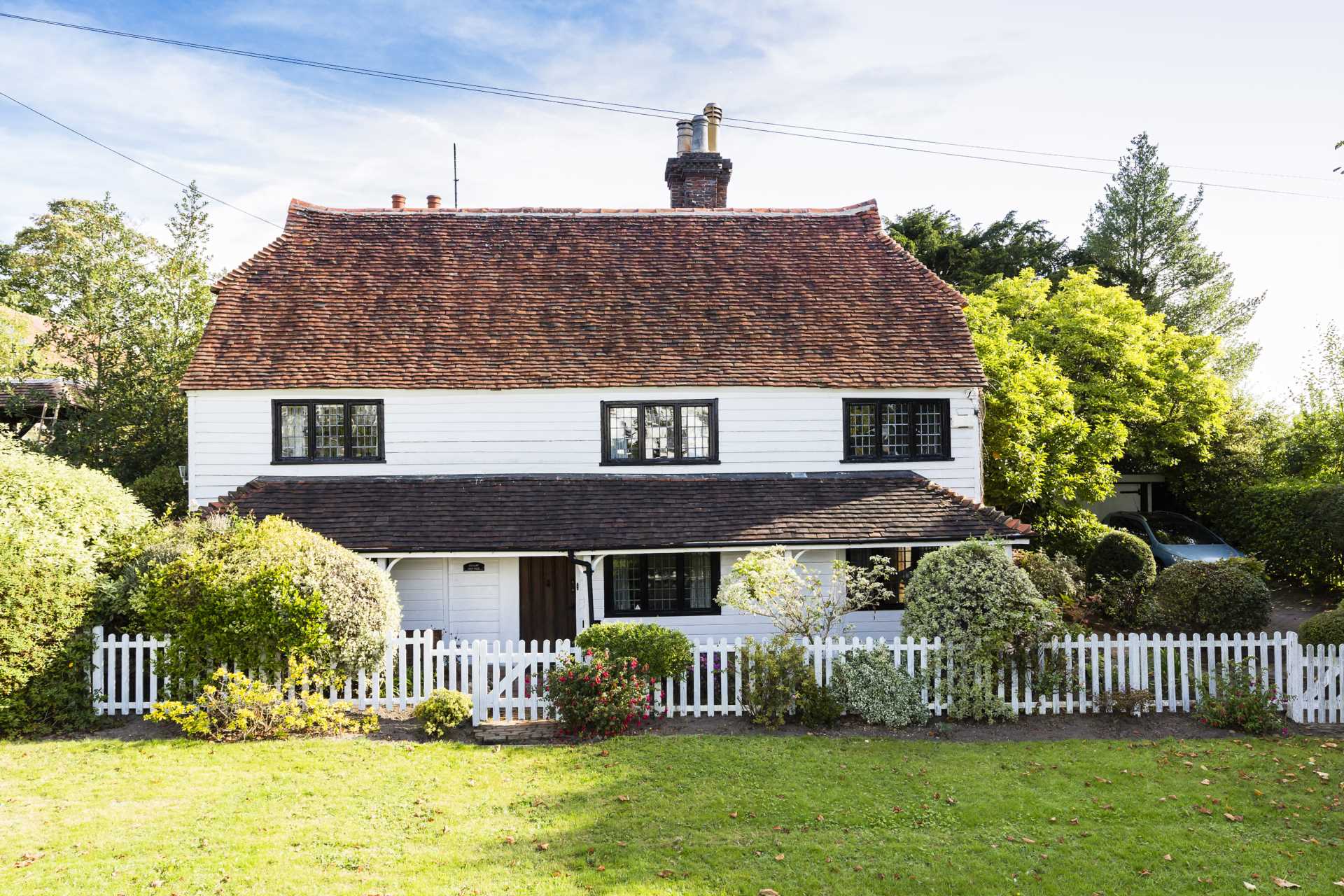
Date Published 06 February 2018
Peter Amor of Amor Financial, independent mortgage specialists:
Peter is our go-to mortgage specialist as he and Amor Financial, like us, think outside the box, proactively turning potential problems into successful outcomes.
Peter is responsive, providing his professional advice in an approachable and friendly way, cutting through the jargon and ensuring the highest level of client satisfaction.
We asked Peter a few of the most commonly asked mortgage related questions:
1. Will mortgage rates rise in 2018?
This is always a tough question to answer because it depends on so many factors. If you Google this exact question, you'll find that you can't get a clear answer and that economists are very divided. The important thing to note is that most are expecting some form of rate rise at some point this year, but personally I would expect them to do so with extreme caution so I wouldn't expect any dramatic changes. That said, if I were on anything other than a fixed rate mortgage currently, I'd certainly be looking to review this and possibly fix my interest rates, just in case.
The next review of the Bank of England Base Rate is on the 8th of February (and then early May) which will certainly hint at which way things might be going…
2. I have a bank account; why do I need a mortgage broker?
I think a lot more people are now aware of mortgage brokers and the advantages of using us; however, I'll list the advantages anyway:
- First of all, banks actually want you to use a broker. Most banks don't want the expense of dealing with mortgage clients in branch, particularly now that the regulation has tightened up and made it more difficult.
- Banks don't give advice on the process or what's best for you; they simply give you a few options to choose from.
- The time factor is also important. You'll need to book an appointment with your bank and you'll then need to set aside 2 hours for that appointment. At this point, they'll let you know if you're eligible or not. If you're not eligible, that's quite a lot of wasted time. Brokers work differently and in my case, I'll be able to fit around your busy life, talking to you when it's convenient for you and only asking questions I have to ask in order to get to the next stage.
- Brokers can advise you and guide you to the most suitable lender and their most suitable mortgage for you as they're not tied to one lender's options.
3. How much can I borrow?
Something I'm asked quite a lot. The obvious response is 'it depends…' but generally speaking, you can multiply total income by about 4.75 to get your answer. Sometimes it's possible to borrow 5.5 times income, but normally this is only for people with on a higher income. It's always best to talk to your mortgage broker rather than trying to figure this out for yourselves; however, if you need more than 5.5 times current income for a residential mortgage.
If you're looking at Buy to Let properties, more often than not, lenders will use the rental income to calculate affordability. Some consider your personal income as well. It's not a simple answer and again it's best to speak to your broker rather than trying to figure it all out on your own.
4. How much deposit will I need?
The minimum deposit required for a normal residential purchase is just 5% and for purchasing an investment property it's 20%. There is only one example I can think of where no deposit is required at all and that's for Shared Ownership mortgages, where you'd buy a percentage of the property rather than owning the whole thing straight away. If it's the best rates you're after, generally a 40% deposit will get you the most competitive mortgage products the lender has to offer.
5. What charges will I have to pay?
Typical charges are for: Valuing the property. This is done by a surveyor, arranged by the lender and is typically a charge you'd pay upfront. Some lenders subsidise the cost of a valuation as part of their deal. Conveyancing. This is the legal costs involved for checking background information and handling the money in the transaction. Costs vary according to property type, size of the transaction and geographical location of the company you're using. It's not necessary to use a local conveyancer as most of the paperwork is now done online. Lenders sometimes charge their own fees for arranging the mortgage. These can typically be added on to the loan, but then you'd pay interest on this amount over the term of the mortgage. Broker Fees vary from one broker to the other, but my typical fee is £395 per mortgage. Personally, I don't charge anything upfront – only on successful completion of a mortgage. Stamp Duty. This varies according to buyer type and size of the transaction. Your broker and solicitor will be able to advise.
6. As a 1st time buyer, are there any preferential deals available to me?
Unfortunately not amongst the lenders. There are government incentives to help you out, but lenders typically don't offer their most competitive interest rates to first time buyers. Some lenders will offer cash back of up to £1,000, however.
For bespoke mortgage advice, contact Peter for all of your mortgage advice on:
Tel: 0330 043 0013
Mob: 07467 285 116
Email: p.amor@amorfinancial.co.uk